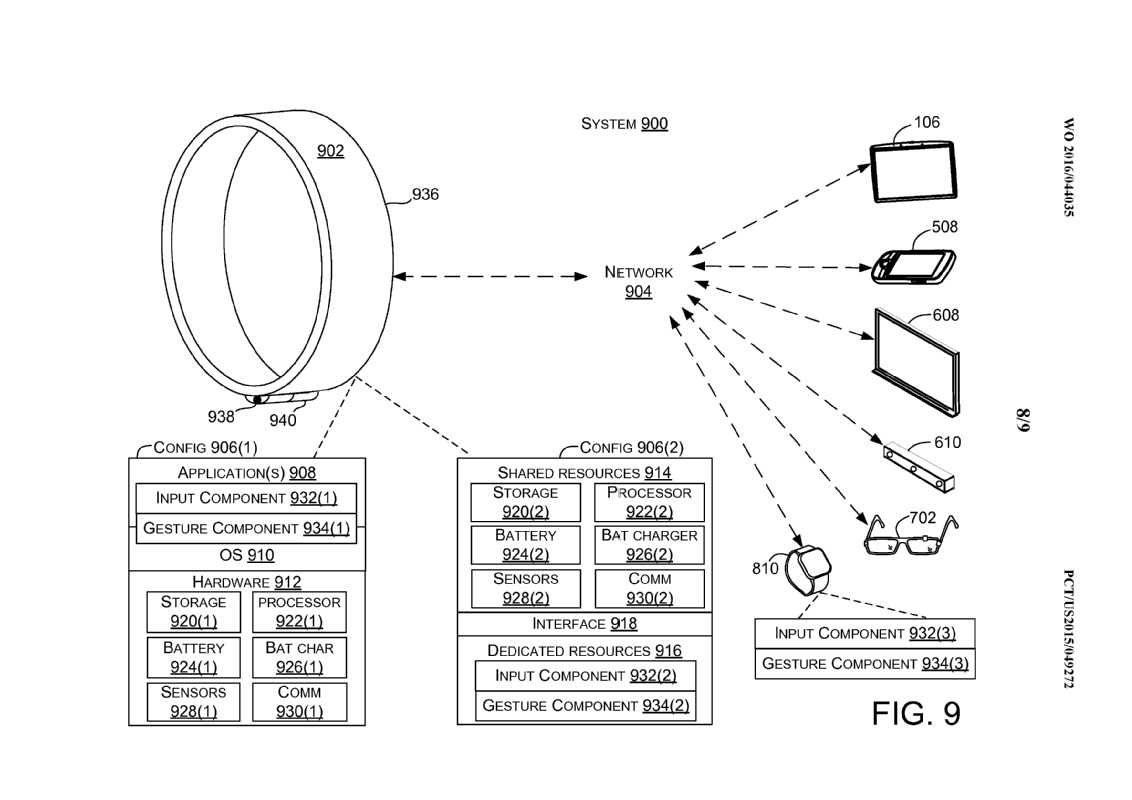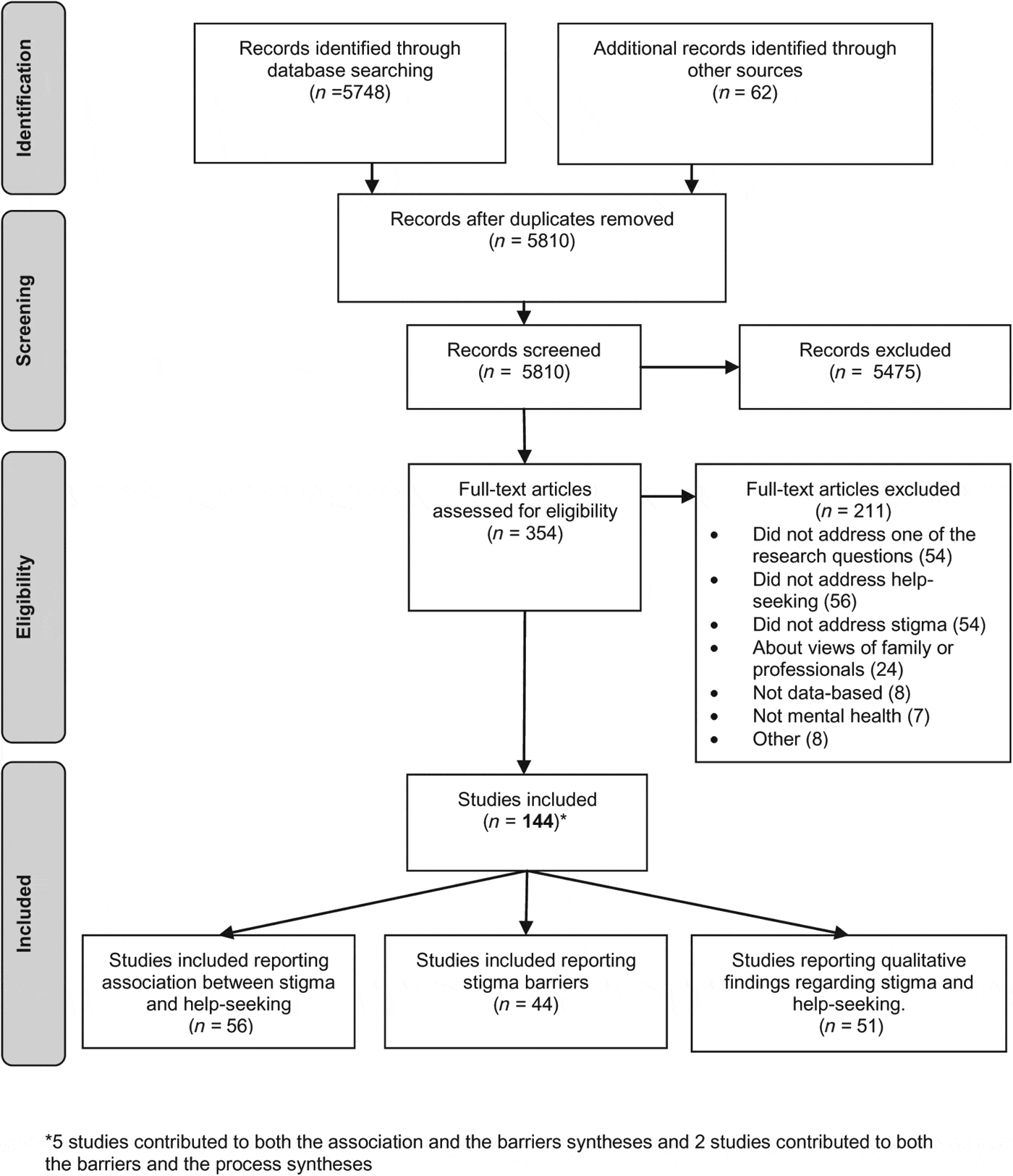Could A Smart Ring Really Prove Infidelity? Exploring The Technology

Table of Contents
Smart Ring Capabilities and Data Collection
Smart rings, with their increasingly sophisticated sensors, collect a surprising amount of data. But can this data truly be used to definitively prove infidelity? Let's examine the different types of data collected and their limitations.
GPS Tracking and Location Data
Many smart rings incorporate GPS tracking, offering a seemingly straightforward method of monitoring location. However, the accuracy and reliability of this data are far from perfect. GPS signals can be weak or intermittent, especially indoors or in areas with signal interference. Battery life also plays a crucial role; a ring with a depleted battery will obviously fail to record location data.
- Misinterpretation of Location Data: A late-night location near another person's home could be innocent – a business meeting, a chance encounter, or even a delayed return home due to traffic. Jumping to conclusions based solely on location data is risky and potentially damaging.
- Privacy Concerns: Constant location tracking raises serious privacy concerns. The continuous monitoring of someone's movements without their knowledge or consent is a significant ethical breach.
- Legal Ramifications: The legality of using GPS data from a smart ring as evidence in legal proceedings is questionable and varies depending on jurisdiction and the specific circumstances. Obtaining such data without consent can have serious legal consequences.
Biometric Data and Heart Rate Monitoring
Smart rings often monitor heart rate variability (HRV), a measure of the variation in time intervals between heartbeats. Some believe that elevated HRV could indicate emotional arousal, potentially suggesting infidelity. However, this is a highly unreliable indicator.
- Lack of Scientific Consensus: While some studies explore the correlation between HRV and emotional states, there's no definitive scientific consensus that elevated heart rate directly correlates with infidelity. Numerous other factors, such as stress, exercise, or illness, can significantly affect HRV.
- False Positives: Relying solely on heart rate data to detect infidelity is prone to numerous false positives. The data needs to be considered within the context of other information, making it unreliable as standalone proof.
- Ethical Concerns Regarding Biometric Data: Monitoring someone's biometric data without their knowledge or consent is a clear violation of privacy and raises serious ethical questions.
Communication Data and Contact Logging
Some advanced smart rings may attempt to log communication data or contacts. However, the effectiveness of this feature is severely limited by modern encryption techniques.
- Data Limitations: Smart rings are unlikely to capture the content of encrypted messages, limiting their usefulness in this area. They might only record the fact that a communication occurred, not its content.
- Misinterpretation and False Positives: Identifying contacts doesn't prove infidelity. A business contact or a long-lost friend could be misinterpreted as a romantic liaison.
- Encrypted Communication: The widespread use of end-to-end encrypted messaging applications renders the data collected by smart rings largely useless in proving infidelity through communication logs.
Limitations and Challenges in Using Smart Rings as Evidence
Even if a smart ring collects seemingly incriminating data, its use as evidence in proving infidelity faces significant hurdles.
Data Privacy and Legal Issues
The legal landscape surrounding the use of smart ring data is complex and largely uncharted territory. Privacy laws vary across different jurisdictions, making the admissibility of this data highly contentious.
- Admissibility in Court: The admissibility of smart ring data in court cases hinges on several factors, including the method of data acquisition, consent, and the chain of custody of the data.
- Legal Challenges: Using smart ring data without consent could lead to significant legal repercussions for the user.
- Ethical Considerations: Even if legally permissible, using smart ring data to monitor someone's actions raises substantial ethical concerns about privacy and trust.
Technological Limitations and Error Rates
Smart rings, like all technological devices, are susceptible to malfunctions and errors. Data inaccuracies can significantly affect the reliability of the information gathered.
- Sensor Malfunctions: Sensor errors, software glitches, and battery issues can lead to inaccurate or incomplete data, rendering it unreliable.
- Importance of Corroborating Evidence: Relying solely on smart ring data to prove infidelity is highly risky. It should be corroborated with other evidence before drawing any conclusions.
- Expert Analysis: Accurate interpretation of smart ring data often requires expertise in data analysis and the specific technology used in the ring.
Contextual Factors and Misinterpretations
The interpretation of smart ring data must consider the context. Ignoring context can easily lead to wrong conclusions.
- Misleading Data: A high heart rate recorded by the smart ring could be due to a strenuous workout, not a romantic encounter.
- Holistic Approach: Analyzing smart ring data in isolation is inadequate. A holistic approach, considering all available information and contextual factors, is crucial for accurate interpretation.
Conclusion
While smart rings offer intriguing technological capabilities, their reliability in proving infidelity remains highly questionable. The data collected is prone to misinterpretation, subject to technological limitations, and raises serious ethical concerns regarding privacy and consent. Smart ring technology, while potentially useful in other contexts, is not a reliable tool for proving infidelity. Consider the broader context and ethical implications before relying on such devices. Understanding the limitations of a smart ring in proving infidelity is crucial in navigating complex relationship issues. Relying on such technology without a holistic approach and consideration of ethical implications is unwise and potentially harmful. Remember that healthy relationships are built on trust and open communication, not surveillance.

Featured Posts
-
 Christina Aguileras Transformed Look A Photoshop Controversy
May 03, 2025
Christina Aguileras Transformed Look A Photoshop Controversy
May 03, 2025 -
 The Impact Of Cost And Stigma On Mental Health Claim Rates
May 03, 2025
The Impact Of Cost And Stigma On Mental Health Claim Rates
May 03, 2025 -
 Khtt Aqtsadyt Jdydt Mn Amant Alastthmar Baljbht Alwtnyt
May 03, 2025
Khtt Aqtsadyt Jdydt Mn Amant Alastthmar Baljbht Alwtnyt
May 03, 2025 -
 School Desegregation Order Terminated Analysis And Outlook
May 03, 2025
School Desegregation Order Terminated Analysis And Outlook
May 03, 2025 -
 Can Courts Review Trumps Tariffs The Case Explained
May 03, 2025
Can Courts Review Trumps Tariffs The Case Explained
May 03, 2025
Latest Posts
-
 Newsround Viewing Guide Bbc Two Hd Channel
May 03, 2025
Newsround Viewing Guide Bbc Two Hd Channel
May 03, 2025 -
 The Future Of Doctor Who A Pause In Production Davies Weighs In
May 03, 2025
The Future Of Doctor Who A Pause In Production Davies Weighs In
May 03, 2025 -
 The Origins Of Pancake Day A Look At Shrove Tuesdays History And Customs
May 03, 2025
The Origins Of Pancake Day A Look At Shrove Tuesdays History And Customs
May 03, 2025 -
 Bbc Two Hd Programming Featuring Newsround
May 03, 2025
Bbc Two Hd Programming Featuring Newsround
May 03, 2025 -
 Is Doctor Who Taking A Break Russell T Davies Offers Clues
May 03, 2025
Is Doctor Who Taking A Break Russell T Davies Offers Clues
May 03, 2025
